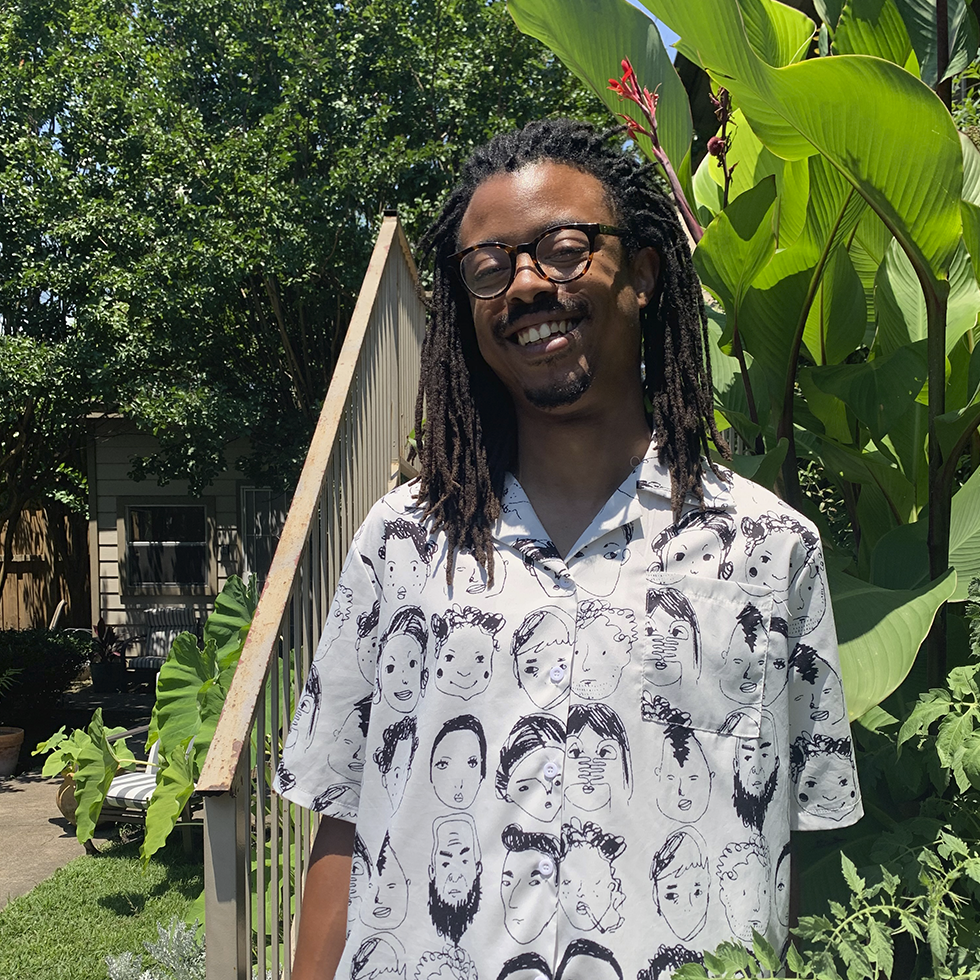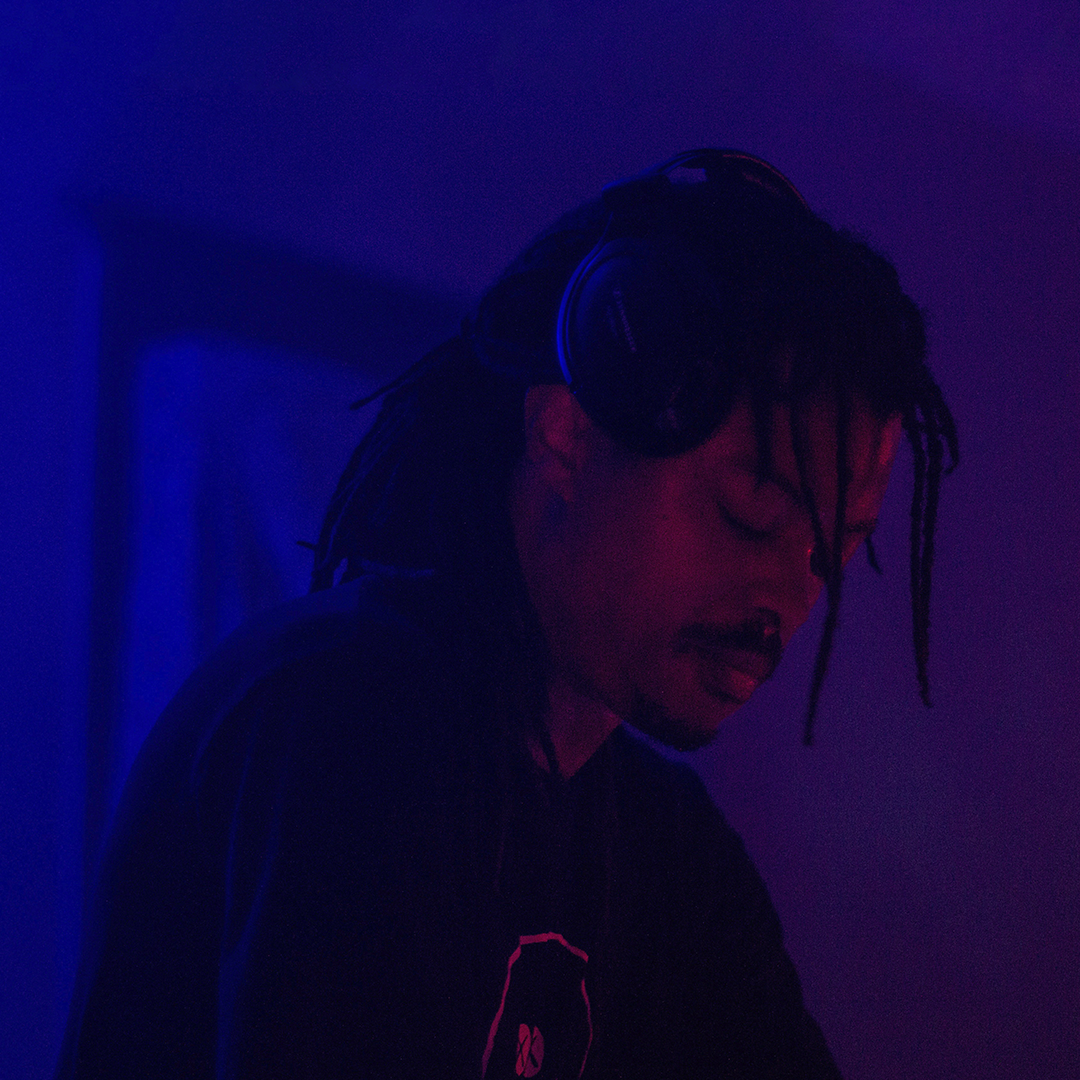The Thrill of Creation with Jordon Nickerson
Exploring and enjoying the creative process of music making is at the heart of Jordon Nickerson’s approach to music. As Focusrite’s Education Marketing Coordinator, he works with the VP of Education and VP of Marketing to help get Focusrite gear into the hands of students. “We build partnerships with educational institutions, K-12 as well as college and audio trade programs, and put together packages to meet the gear needs of teachers,” he explains.
Jordon’s entry into music started with playing violin and guitar around the age of 12. “I started learning how to make hip-hop beats in a DAW when I was about 16. My first set up was a hand-me-down MacBook, a cheap interface, and a copy of Logic 8.”

ince then, Jordon’s musical set up has grown alongside his love of electronic music production, and he incorporates his early musical skills into his current projects. “I have some piano and bass guitar skills. I also have several synthesizers, drum machines and a Eurorack system. I mainly produce house and techno music, but I also enjoy making hip hop and R&B music.”
Jordon takes huge inspiration from the act of creating itself. “I was inspired by the thrill of creation more so than a person. I was fascinated with sampling and spent hours recreating my favorite hip-hop beats.” However, he also calls out Stevie Wonder as a source of inspiration and a dream artist to collaborate with. “He has a way of making the most musically complex chord progressions and arrangements sound effortless and catchy. He makes complex songs that you don't have to be an expert to understand.”
Creating music as a black artist is not a monolithic experience, and Jordon speaks on his experience making music as a black artist in the electronic music scene. “I don't think I have faced challenges related to being a person of color in the world of dance music so far, and I think that has to do with the impact of the internet and the democratization of music technology.”

his democratized access to music technology for underrepresented demographics of people, through access to instruments or musical education, is what is currently working to make music production and music tech a more inclusive space to exist in and explore their identities and creative ideas. “There aren't the same gatekeepers in the music industry that there were before. This isn't to say that challenges for people of color don't exist because they certainly do,” elaborates Jordon, “I'm just fortunate enough to not have run into anything like that, that I know of.”
Jordon continues to note the ways that the celebration of Black History Month is important for American society, but also important for musicians and music lovers. “Learning about the past helps us better understand our present and learning about the history of African Americans in music helps us better understand our current musical landscape. For house and techno music specifically, there are elements of the way the music is produced and consumed that come out of the Black American experience.”
Of his creative endeavors, Jordan has already released an EP on Growth in Decay Records and completed a short tour of Texas in 2019. “I've also done remixes for Mystery Zone Records and System Records and I'm working on two remixes for a hip hop artist from New Orleans. I also have a new EP in the works.
Through making beats of his own, Jordon finds joy in exploring electronic music. “I enjoy producing electronic music because it feels limitless. There are genre conventions for electronic music, but I don’t feel boxed into them. The techno rabbit hole has no bottom and I find that thrilling.”
Jordon attributes his growth as an artist to that initial love of creation and connectedness with intuition that he uses when creating. “I think I have a good ear for interesting sounds, and I have a lot of confidence in my taste and musical opinions. I got to where I am with my music by trusting my gut.”
With an uncompromised sense of self, Jordon creates music that feeds into his love of creativity and continues to be inspired by the act of creating. “Follow your creativity and focus on the things you find the most interesting about music production, as opposed to doing things that you aren’t actually interested in because you think that’s what you are ‘supposed’ to do.”

